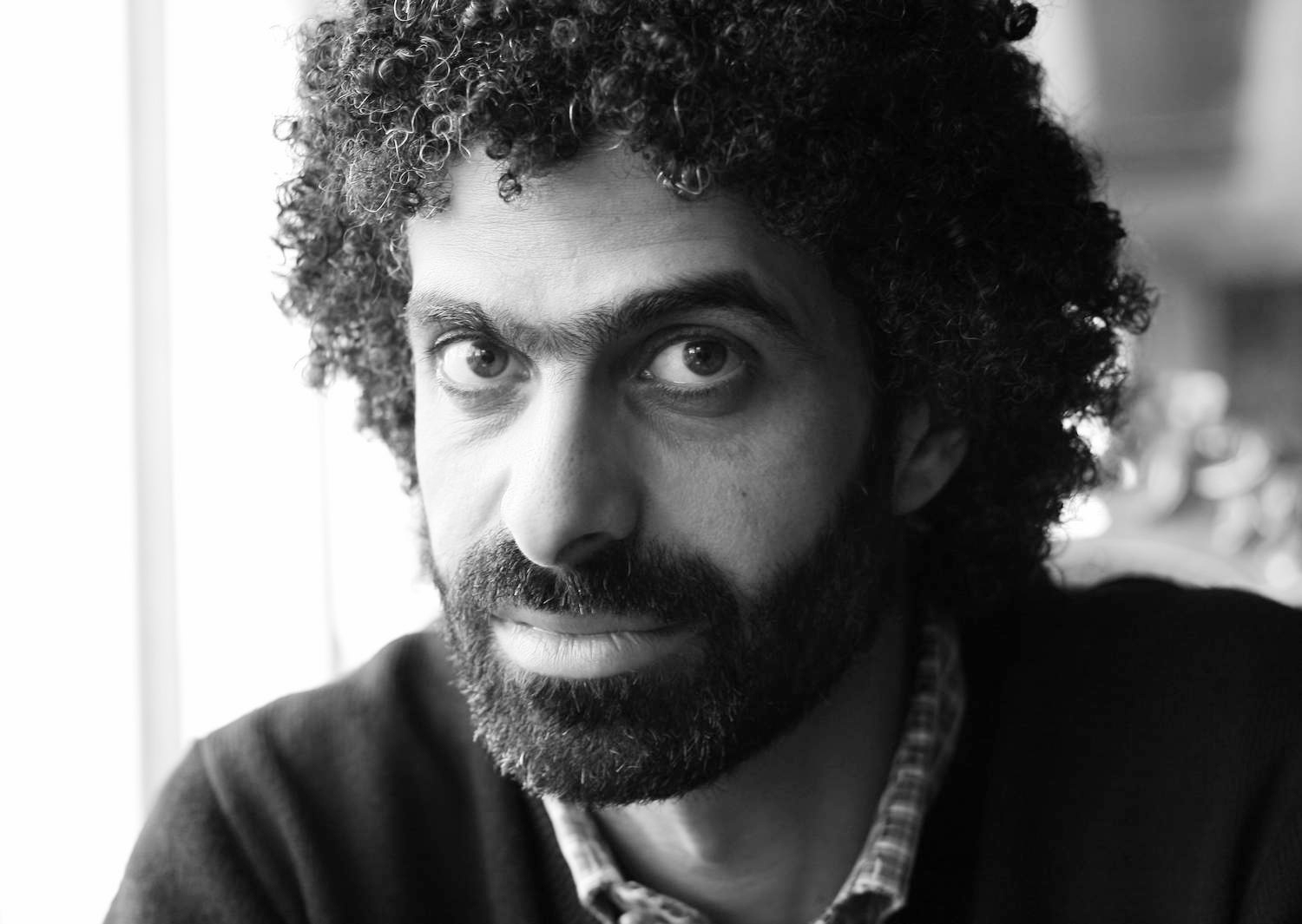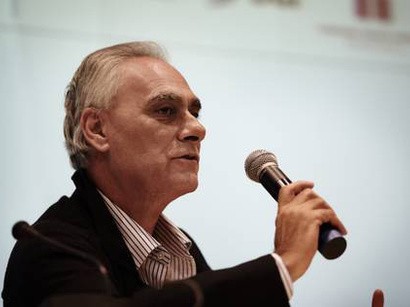By Barry Eichengreen
BERKELEY: There is no shortage of talk nowadays about Europe’s deficits and the need to correct them. Critics point to governments’ gaping budget deficits. They cite the southern European countries’ chronic external deficits. They highlight the eurozone’s institutional deficits — a single currency and a central bank but none of the other elements of a well-functioning monetary union.
Of course, in all of these areas, the critics have a point. But none of these is the deficit that really matters. The deficit that prevents Europe from drawing a line under its crisis is a deficit of trust.
First, there is deficient trust between national leaders and their publics. We saw this most visibly in the person of former Italian Prime Minister Silvio Berlusconi, who fortunately has been kicked to the sidelines of the political scene. But even the most stalwart European leaders have lost their followers’ trust by baldly saying one thing today and the opposite tomorrow.
At the end of February, for example, German Chancellor Angela Merkel made a spectacle insisting that no bigger financial firewall was needed to protect other eurozone countries from a disorderly Greek default. Not one more euro of German taxpayer money, she vowed, would be contributed for this purpose. Yet everyone knew that once the Bundestag voted for the latest Greek rescue and enough time passed to acknowledge reality gracefully, Merkel would reverse course and argue that the eurozone needed a bigger firewall after all.
In fact, there is nothing at all graceful about this. For politicians to say one thing now when everyone knows they will soon say the opposite is guaranteed to erode trust in Europe’s leaders.
Second, there is a lack of trust among European Union member states. The real reason why the northern Europeans have been unwilling to provide a “big bazooka” — that is, extend more financial assistance to Southern Europe — is that they don’t trust the beneficiaries to use it wisely. They fear, for example, that additional securities purchases by the European Central Bank, aimed at bringing down Spain’s borrowing costs, would only lead the Spanish government to relax its reform effort. As a result, Germany and its allies are prepared to provide just enough assistance to keep the ship from capsizing, but not enough to set it on an even keel.
Third, there is lack of trust among the social groups called on to make sacrifices. Italian taxi drivers would be prepared to allow more competition if they were sure that Italian pharmacy owners were willing to do likewise. But if issuing more taxi medallions reduces cab drivers’ earnings, while pharmacists succeed in vetoing pro-competition measures to lower the cost of their services, the taxi drivers will end up worse off and the pharmacists will be enriched, which hardly seems fair.
In other words, lack of social trust blocks structural reform. The Greek version of this dilemma, in which no one pays taxes because no one else pays taxes, is particularly stark.
Survey research has revealed that societies vary greatly in their levels of trust. Economists, for their part, have shown that these different attitudes have deep historical roots.
In European regions where minority groups were persecuted 500 years ago, ethnic and religious conflicts have been more pervasive in recent times. In parts of the Balkans long ruled by the Ottoman Empire, trust in government is lower than in nearby regions that just happened to have been ruled by the more efficient Habsburgs. In regions where earlier inhabitants engaged in farming rather than herding, forcing them to cooperate more extensively, their descendants are more likely to form bonds of trust today.
Evidently, attitudes are passed down through the generations. They are embedded in societies in the form of culture. Simply put, when it comes to trust, history casts a long shadow.
Historians have long emphasized the importance of such “path dependence” – that events in the distant past continue to shape outcomes in the present. Yet they also point to exceptional windows in time when it is possible for societies to shift away from their established paths. A crisis, when the viability of established arrangements is called into question, is just such a window.
The euro crisis thus offers Europe an opportunity to reestablish trust. Its national leaders need to reestablish the trust of their constituents by offering them straight talk. EU member states need to rebuild their trust in one another. And European countries facing the need for wrenching structural reforms need to restore social trust at home.
If this opportunity to rebuild trust is squandered, it will be difficult, if not impossible, for Europe to address its fiscal, economic, and institutional deficits.
Barry Eichengreen is Professor of Economics and Political Science at the University of California, Berkeley. This commentary is published by Daily News Egypt in collaboration with Project Syndicate, www.project-syndicate.org.

